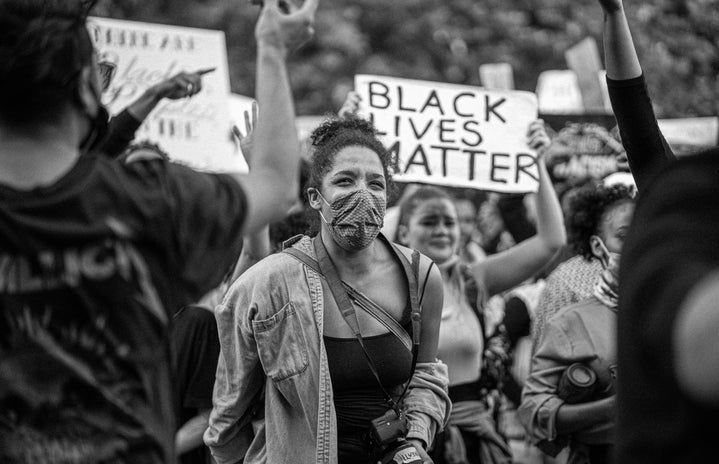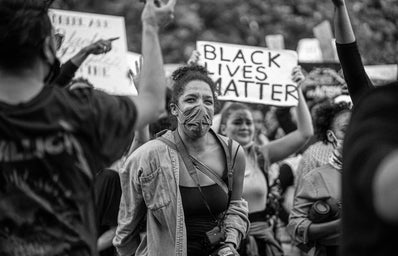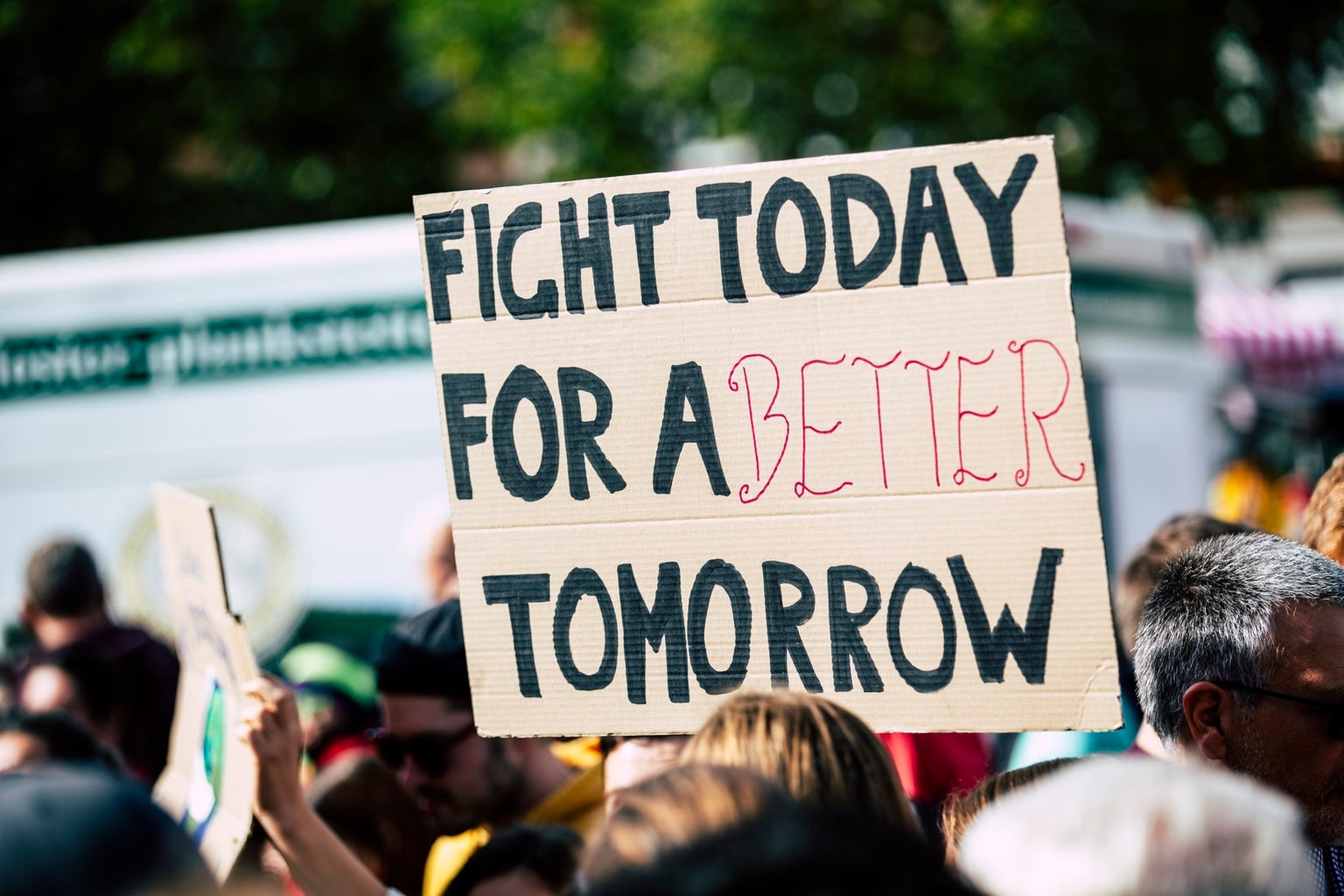In modern American society, police brutality and violence toward black people remain rampant. Research indicates that Black people are disproportionately affected by police brutality than white people. The data reveals that despite making up “less than 14 percent of the total population, they accounted for almost 24% of over 6,000 fatal shootings by the police since 2015.” BBC also reports that the “rate that police fatally shoot unarmed black people in the US is more than three times as high as it is for white people.” Black people, especially black men of all ages are targeted by law enforcement, and law enforcement continues to view many as a threat. The brutal murders of innocent black men and women by white police officers flood social media and news outlets. It feels like every day there is a new video put out to the public showing the death of another black person at the hands of the police to the point where people are numb to it.
In May 2020, a shocking eight-minute and thirty-six-second video of a white cop pinning his knee on an innocent black man’s neck, suffocating him to death in broad daylight, was recorded by a bystander in Minneapolis. George Floyd was pleading, “I can’t breathe” more than twenty times to police officer Derek Chauvin. The sheer cruelty and terror imposed by Derek Chauvin on George Floyd is symptomatic of America’s permeation of racism in police departments and the dehumanization of black people at the hands of the police. George Floyd is one of the thousands of victims who have been wrongfully killed by the police, and his death was monumental in catalyzing Black Lives Matter protests throughout the country and around the world. His words “I can’t breathe ” have become a chant during protests symbolizing the chokehold, authority, and domination that law enforcement imposes upon Black Americans to the point where they are suffocating for freedom.
The Black Lives Matter (BLM) movement is a decentralized movement and its objective is to address America’s very clear and abundant problem of systemic racism and white supremacy. The movement seeks to “eradicate white supremacy and build local power to intervene in violence inflicted on Black communities by the state and vigilantes.” By committing themselves to this agenda, BLM protesters and advocates empower regular people to engage in conversations and develop a course of action that focuses on dismantling institutions that perpetuate racist practices and white supremacy. Their participation in instigating social justice and equality for minorities who are systematically affected by racism. They believe in the deconstruction of racist ideologies and institutions.
However, as Black Lives Matter gained traction so did the All Lives Matter movement(ALM). The latter movement formed as an opposition to Black Lives Matter with the core belief that everyone’s lives matter, not just Black lives. This color-blind approach to race is seemingly inclusive; however, the message is detrimental to the Black community. When the movement puts Black lives under the umbrella of all lives, the expectation is that black lives are treated as equally as white people but that is not the case. The idea that all lives matter already exists in society, but in the United States it has not been enforced by American institutions. The BLM movement never claimed that it is only black lives that matter but they are simply bringing attention to the vicious disregard of black lives. Black Lives Matter means that black lives matter just as much as white lives and should be treated accordingly.
All Lives Matter intends to derail conversations about the prevalence of systemic racism, police brutality, and violence against Black Americans and efforts to fix them. ALM is a “racist dog whistle — a direct push-back against the Black Lives Matter movement.” It counteracts Black Lives Matter as a whole.
In contemporary society, it’s less acceptable to ignore racial problems and to be outwardly racist than it was 50 years ago so movements like ALM seek to mask their prejudices by ignoring the topic of race as a whole, and disregarding the cruel treatment of black people.
Want to keep up with HCBU? Make sure to like us on Facebook, follow us on Instagram, check out our Pinterest board, and read our latest Tweets!



